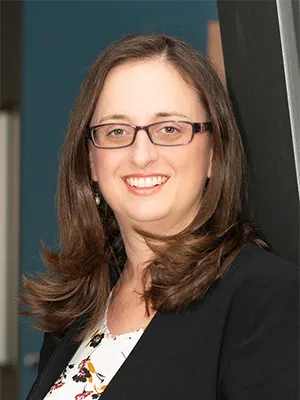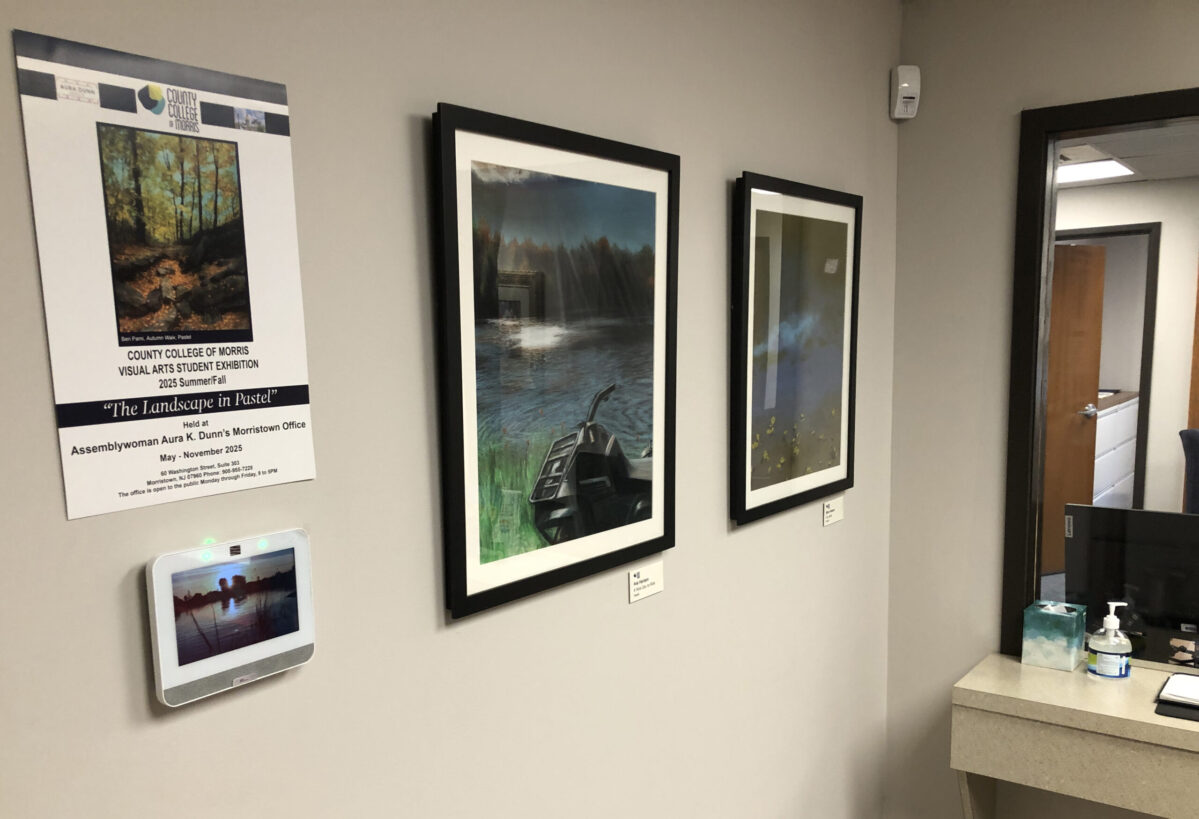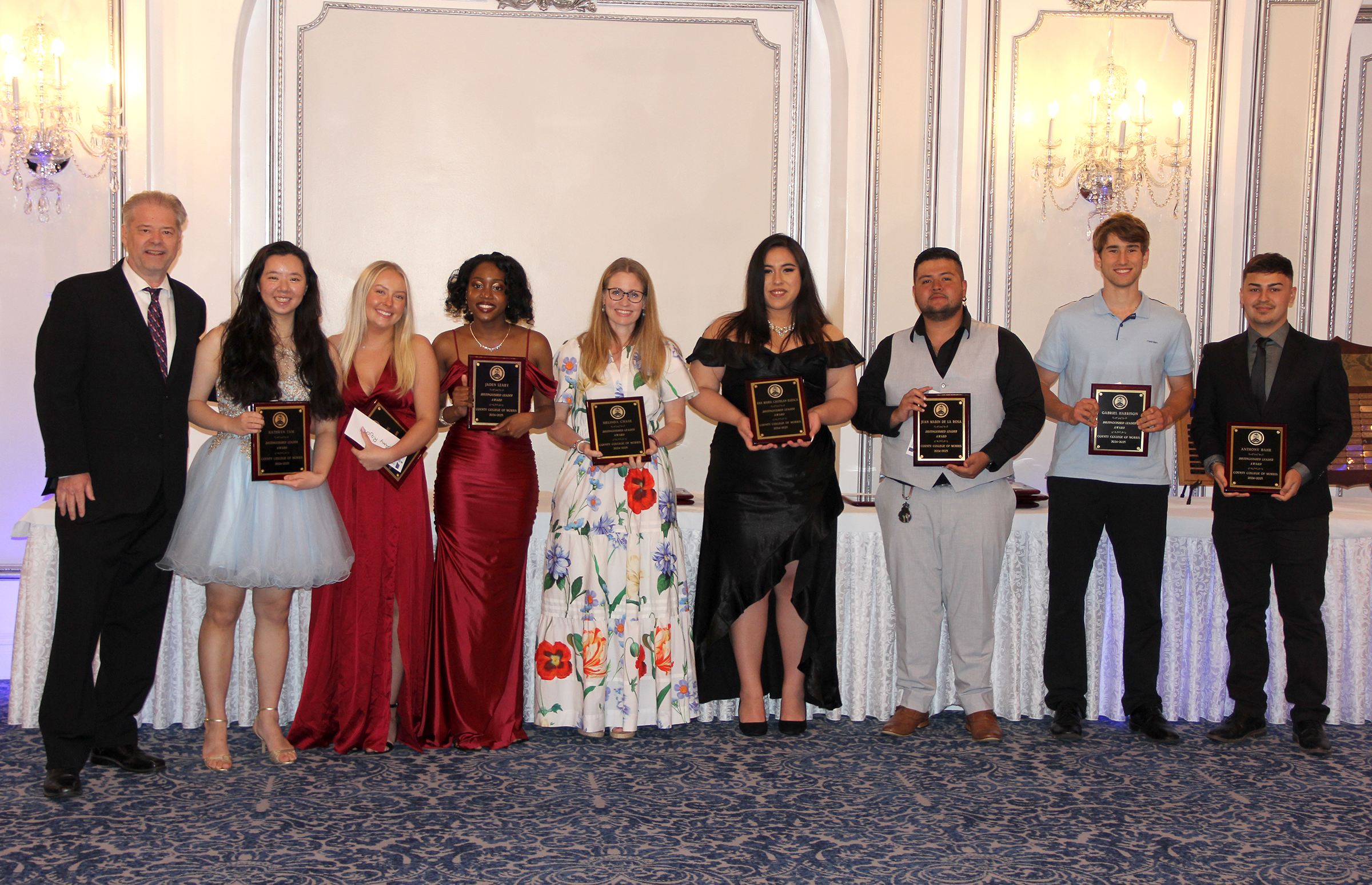What You Will Learn
Learning about the past helps guide us in the present, and in some instances, help predict the future. If you want to help spark a child’s imagination and ignite a greater sense of identity, consider enrolling in the Teacher Education program at CCM.
Designed for students wanting to major in history and to also take some courses in education, this program guides you to, upon graduation, transfer to a four-year college or university leading to certification for teaching.
CCM has 10 different Teacher Education specializations to start you on your career as a teacher in grades K-12. You will graduate with an Associate of Arts degree from one of the best community colleges, ready to take the next steps and be pa passionate educator.
Curriculum
A 45-credit general education foundation includes courses such as English Composition, Speech Fundamentals, American Literature, World Literature, General Psychology, and Principles of Sociology, plus a Math-Science-Technology series, a History sequence and electives in the Humanities.
An additional 6-credit History core plus 9-credit Teacher Education core prepares your aptitude for teaching history.
First-hand experience and active participation in diverse and inclusive classroom settings through 20 hours of classroom observation rounds out your program at CCM.
Careers in the Field
Completing the Teacher Education in History program at CCM provides the opportunity to immediately become a:
- Paraprofessional
- Substitute Teacher
Graduating from CCM with an associate degree is the first step to becoming a teacher. Transferring to a four-year college or university and successfully completing a bachelor’s degree program is the next step.
CCM has transfer or articulation agreements with the following public colleges and universities in New Jersey to aid in a seamless process:
- Centenary University
- Kean University
- Montclair State University
- New Jersey City University
- New Jersey Institute of Technology
- Ramapo College
- Stockton University
- Rowan University
- Rutgers University
- Saint Elizabeth University
- The College of New Jersey
- Thomas Edison State University
- University of Medicine and Dentistry
- William Paterson University
Why Study Teacher Education in History at CCM?
- Guide students to have a deep appreciation of the past that can help develop an understanding for present and possibly predict the future
- Embark on a career path to greatly impact the lives of children as they grow into critical thinkers, creative writers and well-spoken communicators, developing a sense of self.
- The versatility of the subject can open doors to other employment opportunities and it’s fun too!
- The outstanding instruction at CCM with experiential learning prepares you for advanced study and a child-related career in a constantly evolving world.
- Highly skilled faculty are trained in the latest methods for teaching grades K-12 with the highest quality standards governed by the State.
- Three-course curriculum and a program that blends academic and professional preparation and meets New Jersey’s Professional Standards for Teachers.
Paying For Your Teaching Education
Earning your associate degree at CCM and becoming a teacher is an investment that will pay off over the course of your life, in both increased earnings and job satisfaction. But what is the upfront cost, and how do you afford it? Our Financial Aid staff can provide lots of information about the process of finding funds to help pay for your education.
Featured Courses
Modern Europe
This course surveys Europe since the French Revolution, including the nationalistic, liberal and socialist revolutions of the 19th and 20th Centuries. It investigates imperialism and the power struggles among Europe’s established and newly emerged states culminating in World War I. It also examines the Paris Conference, Europe between the two wars, and the rise of European fascism, communism, World War II and its aftermath.
Latin American History
A survey of the historical development of Latin America focusing on its African multicultural and multi-ethnic populations and its emergence as a force in the 20th century. Students examine original documents in order to analyze the structure of social, economic and cultural relationships. Special attention is paid to the development of Argentina, Mexico and the Caribbean nations and their relationship to the United States.
Behavior Observation in Education
Approximately 30 hours of field classroom observation and weekly seminars in which fellow aspiring teachers learn to apply the teaching methods they learn.
Your Teacher Education – History Faculty Advisor
Assistant Department Chairperson, Associate Professor
Associate Professor





